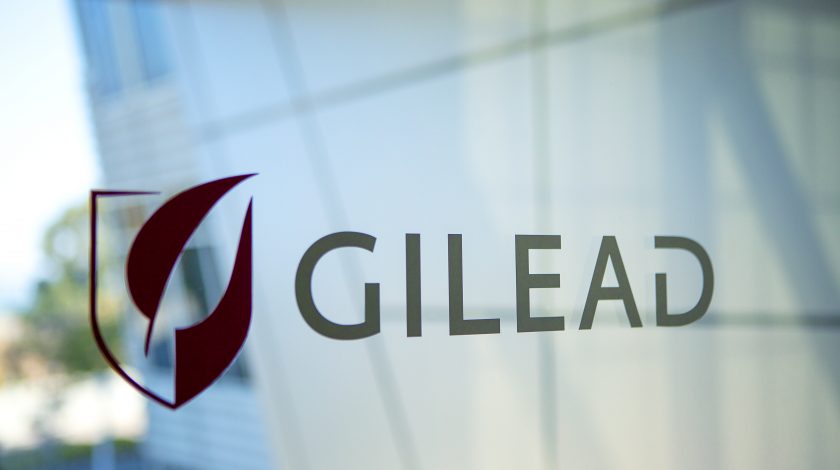COVID-19 drug remdesivir recommended for EU approval

The EMA’s human medicines committee (CHMP) has recommended granting a conditional marketing authorisation to Gilead’s COVID-19 treatment remdesivir – making it the first drug of its kind to be given such a recommendation in the EU.
The drug was recommended for the treatment of COVID-19 in adults and adolescents from 12 years of age with pneumonia who require supplemental oxygen.
It comes a little over two weeks after the EMA said it would fast track its review of remdesivir.
A conditional marketing authorisation allows the EMA to recommend a medicine for marketing authorisation with less complete data than normally expected, if the benefit of a medicine’s immediate availability to patients outweighs the risk inherent to the fact that not all the data are yet available.
Gilead will have to submit the final reports of the remdesivir studies by December 2020, and further data on the quality of the medicine, as well as the final data on mortality, by August 2020.
The EMA said that the current data on remdesivir was assessed in an “exceptionally short timeframe” through a “rolling review” procedure, an approach used by the agency during public health emergencies to assess data as they become available.
From the end of April, the CHMP began assessing data on quality and manufacturing, non-clinical data, preliminary clinical data and supporting safety data from compassionate use programmes, well in advance of the submission on 5 June.
The European Commission will continue to fast-track the decision-making process and aims to grant a decision on the conditional marketing authorisation for remdesivir “in the coming week”, according to a statement.
Remdesivir is the first drug to have shown a benefit in COVID-19 patients in clinical trials, albeit a modest one, and has previously been cleared for compassionate use by the EMA.
The drug already has accelerated clearance in Japan, where it is distributed as Veklury, and has been granted emergency use approvals in other countries including the US, India and South Korea. The UK had the go-ahead for remdesivir use in selected patients last month under its Early Access to Medicines Scheme (EAMS).
Regulatory approval will not necessarily translate into access to the drug of course, with countries around the world clamouring for supplies amid the pandemic, while Gilead says it is working at breakneck speed to ramp up production and will donate the first 1.5 million vials of the medicine.
The company’s timeline for production is more than half a million treatment courses by October, one million by December and “several million courses in 2021, if required.”
SVB Leerink analyst Geoffrey Porges has said that sales of the drug could reach $7.7 billion in 2022, assuming a price of around $5,000 per course in the US and $4,000 in Europe and of course that a vaccine doesn’t emerge that can eliminate the pandemic.
Gilead CEO Daniel O’Day pledged to make remdesivir “affordable”, after trials showed it cut recovery time in serious cases for the first time at the end of April.
Since then, another phase 3 trial has shown that a five-day treatment course with remdesivir on top of standard care was more effective than standard care alone in moderately-ill patients, although strangely a 10-day course wasn’t any better.
Analysts have suggested the totality of clinical data for the drug show some level of efficacy, with additional therapeutic options still needed to improve outcomes.










